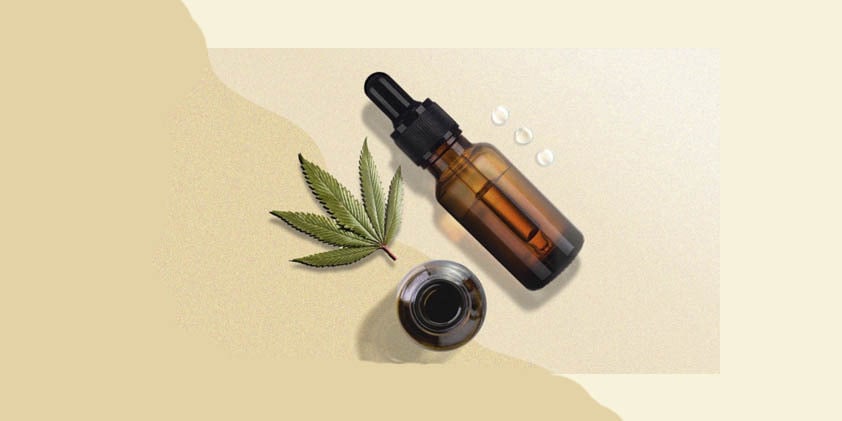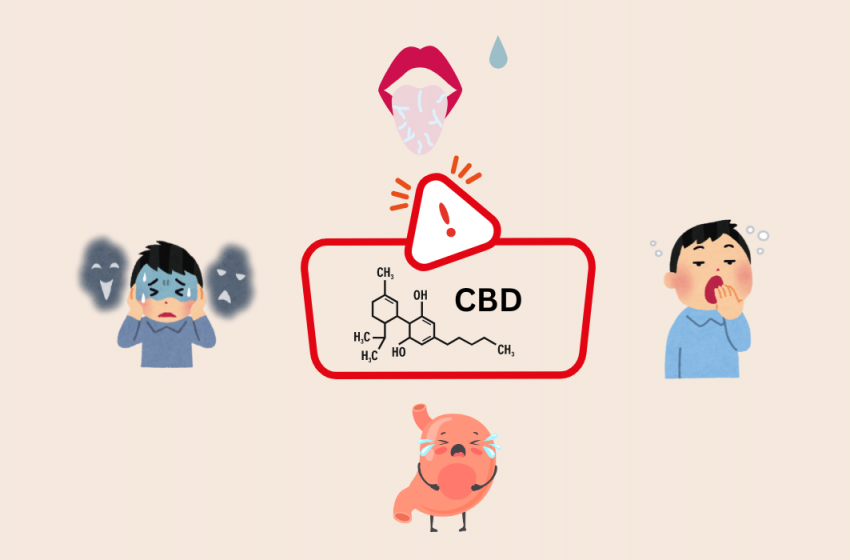Antioxidant Properties of CBD Oil

CBD has been garnering attention due to its antioxidant properties.
Antioxidants are compounds that slow and prevent oxidation, which creates free radicals in the body leading to oxidative stress. Some research suggests that CBD oil is a more effective antioxidant than vitamin C and that it has neuroprotective antioxidant properties.
Proponents of cannabidiol (CBD) use have made increasing noise about the substance’s medical and wellness benefits in recent years. However, you may be left wondering if these claims, some of which can be very surprising, are true or not. The truth is that there is a lot more to learn about CBD. However, the science so far is very promising. In particular, the antioxidant properties of CBD have garnered attention.
What Is an Antioxidant?
As the name suggests, antioxidants are compounds that slow and prevent oxidation. More importantly, the benefit of these compounds is how antioxidants prevent diseases. Oxidation creates free radicals in the body which can damage cells through various chain reactions. These reactions can lead to oxidative stress.
What Is Oxidative Stress?
Under normal circumstances, organic life has the ability to fight oxidation with natural antioxidants. However, when the body is unable to keep up with the production of free radicals and repair their damage, an imbalance called oxidative stress occurs.
Oxidative stress is linked with several serious conditions including glutamate neurotoxicity. This condition can cause cell damage to the neurological system.
How Does CBD Oil Work as an Antioxidant?
Like other plant-derived substances, CBD oil has antioxidant properties. Some research suggests that CBD oil is a more effective antioxidant than vitamin C. This strongly recommends further study of CBD oil to see if it can effectively combat oxidative stress and even be used as a medical intervention.
Furthermore, some research suggests that CBD protects against glutamate neurotoxicity. Its possible effects as a neuroprotective antioxidant make CBD a very interesting substance for medical researchers. However, more research is necessary before we can fully understand its benefits.
Numerous studies have shown that CBD has minimal side effects and is difficult to overconsume. Plus, CBD has anti-inflammatory properties. These characteristics have helped spur additional research as an alternative to more dangerous therapies.
How Can We Harness CBD Oil’s Antioxidant Properties?
CBD oil can be used in a variety of forms to harness its antioxidant properties. It can be ingested, used topically and even vaporized depending on the desired impact. Typically, full-spectrum or broad-spectrum CBD is preferable because it includes flavonoids and terpenes (unlike CBD isolate), which also have antioxidant and therapeutic properties.
Discover More Today Stay up to date with the latest news about the health effects of CBD. Smart CBD Hub is your source for information about CBD, its uses and its benefits. Check back regularly for more.










